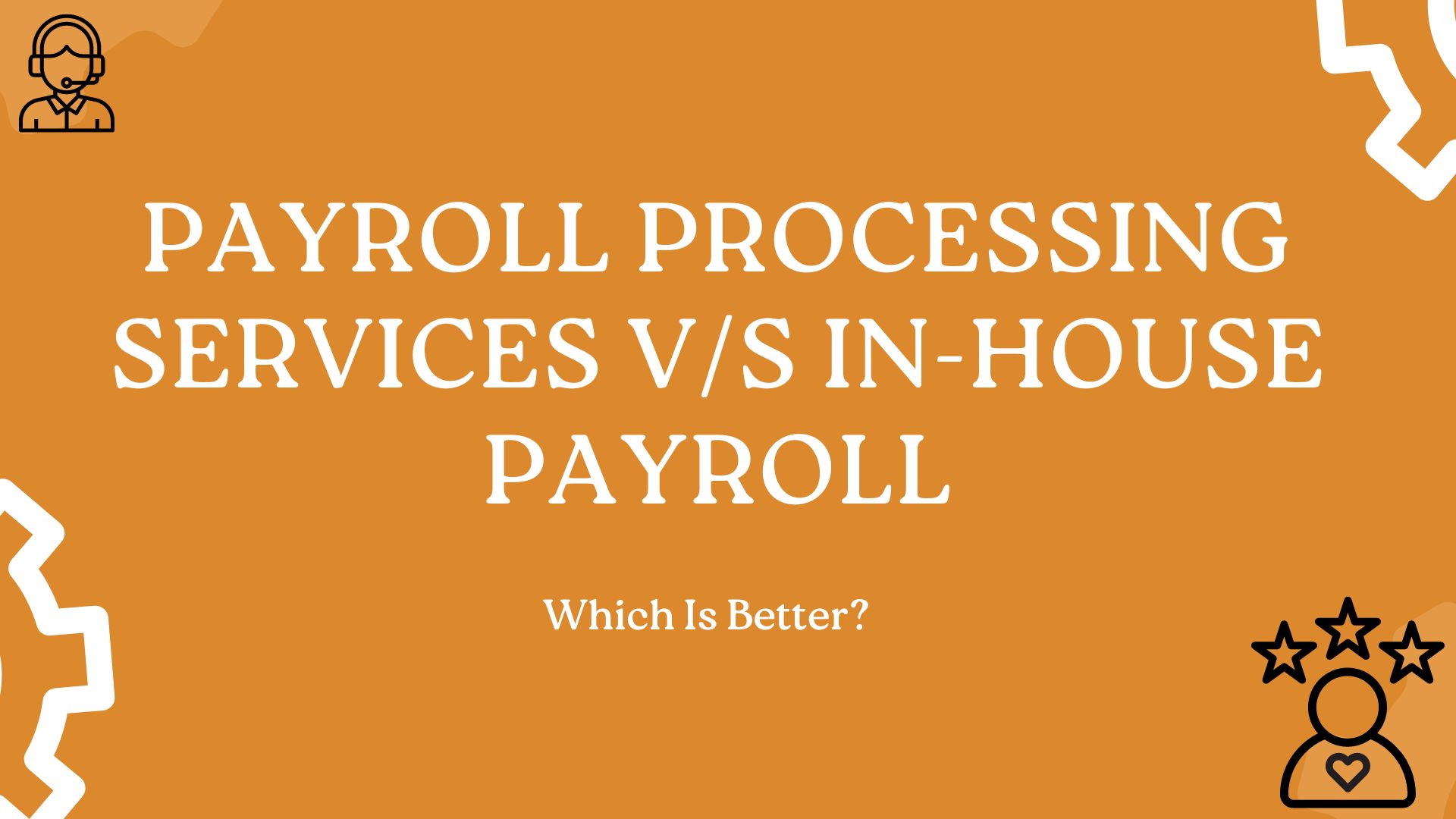In such a dynamic business environment as Singapore, effective payroll management is particularly important for companies of all sizes. With the push by most companies to streamline their operations and concentrate on their core competencies, the issue of outsourcing to a third-party payroll processing service or maintaining an in-house payroll continues to be widely debated. This article discusses some of the key factors and implications of each approach to allow firms in Singapore to better make informed decisions.
The Advantages of Payroll Processing Services
1. Expertise and Compliance
Payroll regulations in Singapore can be quite complex and subject to change. Payroll processing services have experts who stay up to date with new legislation and ensure compliance with the Employment Act, CPF Act, Income Tax Act, and Personal Data Protection Act.
By outsourcing your payroll needs to the experts, you will reduce the risk of accounting errors and non-compliance penalties that can arise.
2. Time and Resource Savings
Payroll processing can really be laborious work, especially in a growing firm. According to the Deloitte Global Payroll Benchmarking Survey, companies in Singapore that outsource their payroll report an average cost savings of 18% compared to managing payroll in-house. When payroll work is being outsourced, it frees up time and resources to devote into more productive business tools. This is particularly important for SMEs in Singapore, as working efficiently is often enough to keep them ahead of their competition.
3. Access to Technology
Reputable payroll processing services invest in modern software/systems that include:
– Automatic calculations and payments
– Safe and secure storage and backup of your data
– Integration with other HR systems and accounting firms
– Employee portals for self-services
These software tools can be expensive and small/medium sized businesses in Singapore can now benefit from these without any significant upfront investment.
4. Scalability
An advantage of using a payroll processing service is that as a business grows and/or changes through the seasons too, payroll processing services can adapt to the change easily and quickly. This is useful in a business environment, such as in Singapore, where businesses can grow and/or contract quite quickly as the market changes.
5. Data Security and Confidentiality
Payroll processing is sensitive information to the business and is governed by many privacy laws in Singapore. Payroll processing services will implement strong security systems that may be far superior than a small to medium sized business could implement in-house. It is important to check which firm is selected properly and to observe security implementations, protocols and overall service.
Also Read:- Payroll Software for Singapore: Streamline CPF & Empower Startups
Advantages of In-House Payroll Processing
1. Direct Control
In-house payroll systems allow businesses to gain control over their payroll. This could be very attractive for companies that have unique payroll requirements or for companies in highly regulated industries.
2. Easy Access to Information
With in-house payroll, they directly have access to payroll data and can make reports or adjust accordingly at a very short notice. This immediacy is useful in times of audit or when strategic decisions are to be made.
3. Customization
It becomes more complicated with standardized payroll processing services while certain companies have specific needs to be met through in-house systems. Businesses whose pay structures are intricate or other benefits packages are unique will find these customizable properties valuable.
4. Long-Term Saving Possibility
With large firms in Singapore, even though investing in a payroll system inside would help save them money in the long run, especially if the resources to maintain and update are available,
5. Integration with Current Systems
Internal payroll systems can easily be integrated with other internal systems, such as human resource management and financial software, leading to streamlined operations.
Also Read:- GOHRBPO: Reliable Outsourcing Payroll Services in Singapore
Payroll Processing Services: What to Consider
In choosing and assessing the value of payroll processing services versus in-house payroll for your Singapore business, you must consider:
- Size of Company: A small company is usually best suited to outsourcing and a large firm will likely have more effective economies of scale for in-house payroll.
- Costs: Costs Quantify the direct costs as well as any ongoing future cost.
- Industry Needs: Your specific industry might have needs that change the playing field of the decision.
- Direct Growth: Organizations growing quickly will find that outside services have flexibility needed as business evolves and grows in size.
- Internal Knowledge: Evaluate if you and your employees have the requisite knowledge and expertise to run a payroll operation in-house.
- Compliance: Evaluate if you and your employees are keeping up with Singapore’s ongoing compliance changes.
Conclusion
Both payroll processing services and in-house payroll systems offer distinct advantages for Singapore businesses. The optimal choice depends on your organization’s specific needs, resources, and long-term objectives.
For many small to medium-sized enterprises in Singapore, payroll processing services offer a compelling solution. They provide expertise, compliance assurance, and advanced technology without the need for significant upfront investment. This allows businesses to focus on growth and innovation in Singapore’s competitive market.






